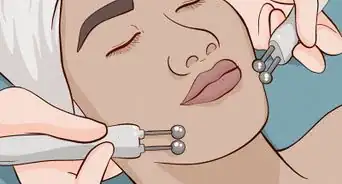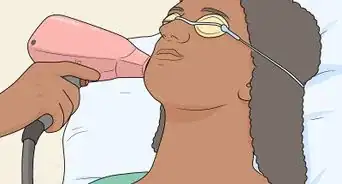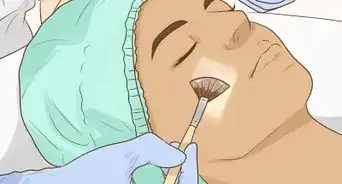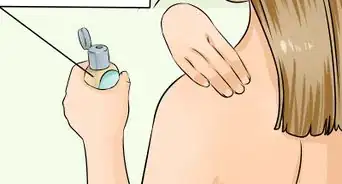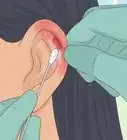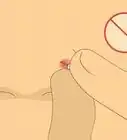This article was co-authored by Alina Goldenberg MD, MAS, FAAD and by wikiHow staff writer, Hannah Madden. Dr. Alina Goldenberg is a Board Certified Dermatologist. She specializes in allergic contact and atopic dermatitis, patch testing, skin cancer screening and treatment, and medical and cosmetic dermatology. Dr. Goldenberg has published numerous peer-reviewed publications, textbook chapters and received grants and awards from organizations such as the National Institutes of Health and the American Skin Association. She holds a BA in Public Health from The University of California, Berkeley, a MAS in Clinical Research, and an MD from The University of California, San Diego.
There are 7 references cited in this article, which can be found at the bottom of the page.
This article has been viewed 25,812 times.
We all pick at our skin occasionally, especially if we have a hangnail or some dry skin. But if you can’t stop picking at your fingers or you do it even without thinking, you might have something called skin picking disorder (also known as excoriation). This sounds a little intense, but don’t worry—it’s actually super common, so you aren’t alone. In this article, we’ve provided some helpful tricks you can use to stop picking the skin on your fingers for good. And, if those don’t work, we’ve provided some mental health resources you can use to address any underlying issues that might be contributing to your skin picking.
Steps
Expert Q&A
-
QuestionHow do you heal a skin picking wound on your finger?
 Alina Goldenberg MD, MAS, FAADDr. Alina Goldenberg is a Board Certified Dermatologist. She specializes in allergic contact and atopic dermatitis, patch testing, skin cancer screening and treatment, and medical and cosmetic dermatology. Dr. Goldenberg has published numerous peer-reviewed publications, textbook chapters and received grants and awards from organizations such as the National Institutes of Health and the American Skin Association. She holds a BA in Public Health from The University of California, Berkeley, a MAS in Clinical Research, and an MD from The University of California, San Diego.
Alina Goldenberg MD, MAS, FAADDr. Alina Goldenberg is a Board Certified Dermatologist. She specializes in allergic contact and atopic dermatitis, patch testing, skin cancer screening and treatment, and medical and cosmetic dermatology. Dr. Goldenberg has published numerous peer-reviewed publications, textbook chapters and received grants and awards from organizations such as the National Institutes of Health and the American Skin Association. She holds a BA in Public Health from The University of California, Berkeley, a MAS in Clinical Research, and an MD from The University of California, San Diego.
Board Certified Dermatologist Try applying a moisturizer to protect it. If the area appears red, swollen, draining or painful, though, it should be evaluated for an infection.
Try applying a moisturizer to protect it. If the area appears red, swollen, draining or painful, though, it should be evaluated for an infection.
References
- ↑ https://www.health.harvard.edu/blog/picking-your-skin-learn-four-tips-to-break-the-habit-2018112815447
- ↑ https://www.health.harvard.edu/blog/picking-your-skin-learn-four-tips-to-break-the-habit-2018112815447
- ↑ https://www.health.harvard.edu/blog/picking-your-skin-learn-four-tips-to-break-the-habit-2018112815447
- ↑ https://www.bfrb.org/learn-about-bfrbs/treatment/self-help/127-rs-list-of-strategies-for-skin-picking-49-im-using-42-i-could-try
- ↑ https://www.nhs.uk/mental-health/conditions/skin-picking-disorder/
- ↑ Alina Goldenberg MD, MAS, FAAD. Board Certified Dermatologist. Expert Interview. 18 August 2021.
- ↑ Alina Goldenberg MD, MAS, FAAD. Board Certified Dermatologist. Expert Interview. 18 August 2021.
- ↑ https://www.bfrb.org/learn-about-bfrbs/treatment/self-help/127-rs-list-of-strategies-for-skin-picking-49-im-using-42-i-could-try
- ↑ https://www.nhs.uk/mental-health/conditions/skin-picking-disorder/
- ↑ Mental Health America. Non-Profit Organization. Expert Interview.
- ↑ https://health.clevelandclinic.org/cant-stop-picking-skin-break-cycle/
- ↑ https://www.nhs.uk/mental-health/conditions/skin-picking-disorder/
- ↑ Mental Health America. Non-Profit Organization. Expert Interview.
- ↑ https://iocdf.org/about-ocd/related-disorders/skin-picking-disorder/
- ↑ Mental Health America. Non-Profit Organization. Expert Interview.
- ↑ https://iocdf.org/about-ocd/related-disorders/skin-picking-disorder/
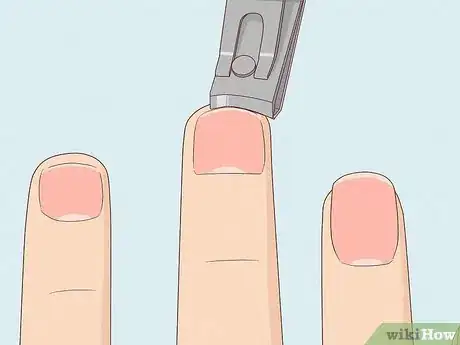
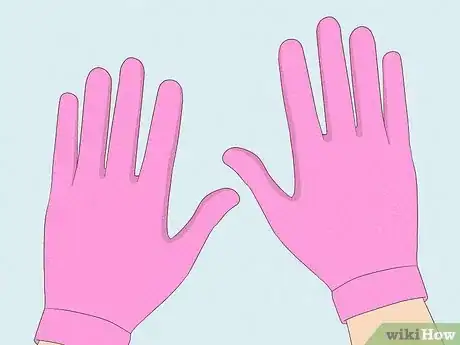
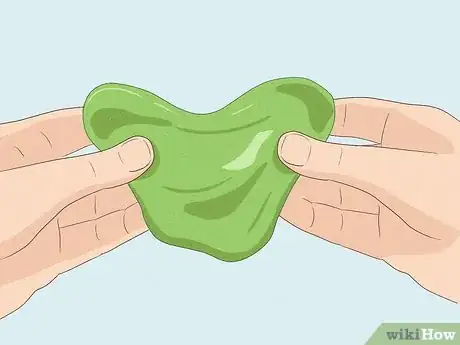



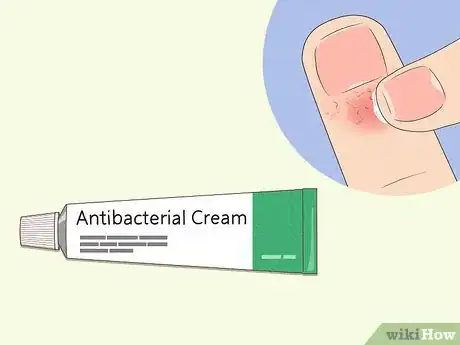
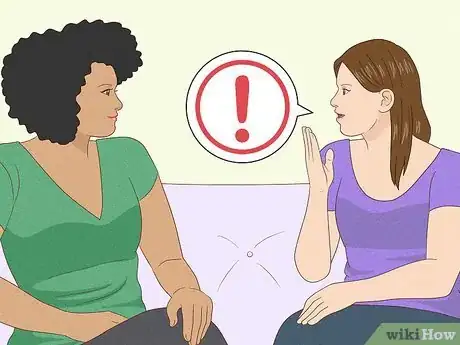


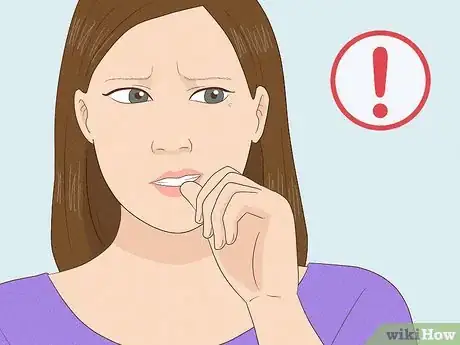

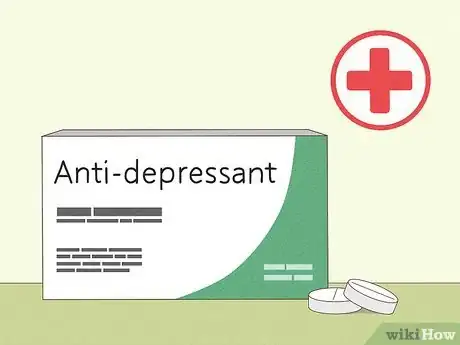
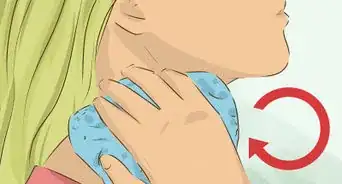
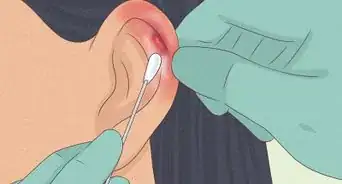
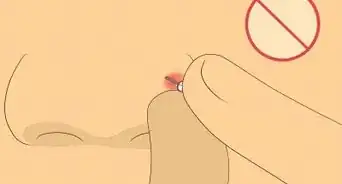


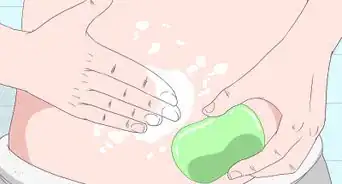
-Electric-Shock-Step-9.webp)

